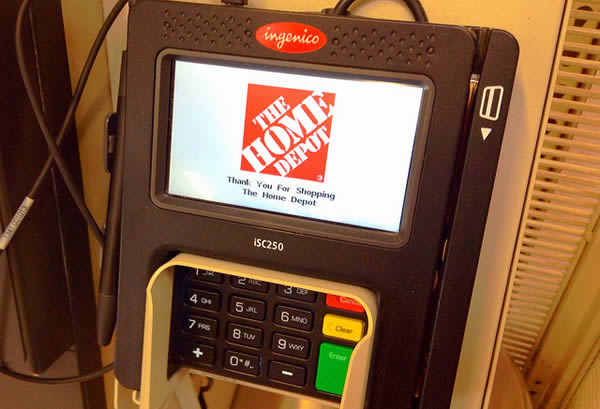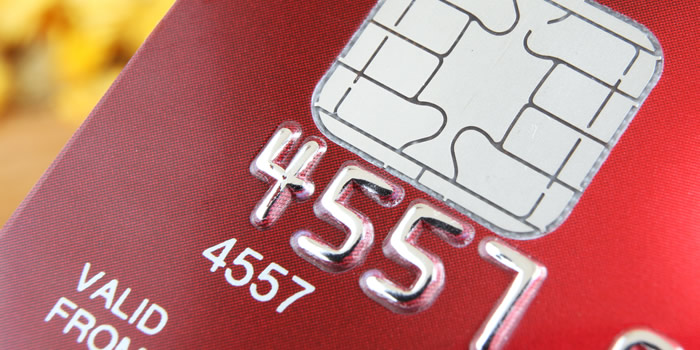
Photo via Mike Mozart CC BY 2.0
It’s been a busy week for Home Depot, who is currently in news headlines for all the wrong reasons. After last week’s blog post, we have further details on the credit card breach that occurred at Home Depot. The home improvement retailer confirmed a breach occurred at its 2,200 stores in the U.S. and 180 in Canada. Security firms have estimated as many as 60 million accounts could be affected and lead to as much as $3 billion in fraudulent charges.
Here’s What We Know
Home Depot confirmed a credit card breach occurred, although it’s remaining tight-lipped about further details. The home improvement retailer confirmed on September 18, 2014 that the malware used in the breach has been eliminated from its Canadian and U.S. locations. This is good news for customers, although it doesn’t protect customers who made purchases April 2014 and onward. Home Depot went on to say there is no evidence that debit PIN numbers were compromised or cheques were impacted.
As a result of the breach, Home Depot is offering free identity protection services, such as credit monitoring, for 12 months starting September 19, 2014 to any customers who shopped at the big box retailers in April 2014 or after. Customers who wish to take advantage of these services can learn more at www.homedepot.ca or by calling 1-800-668-2266.
Home Depot has already apologized for the breach, although that isn’t doing much to satisfy cardholders who may have been affected. The credit protection is already drawing criticism from Canadians customers. Canadians are upset the protection offered north of the border is inferior to that offered in the U.S. For instance, cardholders in Canada are only protected up to $50,000 for identity theft insurance, while Americans are protected up to $1 million. Home Depot claims the difference is due to regulatory differences between the two countries, although that isn’t making many customers feel more at ease. You can request identity protection here.
Data Breach Leads to Class Action Lawsuit
A class action lawsuit has been launched in Canada against Home Depot on behalf of the as many as four million Canadians who may have been affected. The lawsuit is seeking compensation for the financial losses, inconvenience, and mental distress cardholders may suffer as a result of the credit card breach.
The lawsuit claims Home Depot breached its fiduciary duty to keep personal data confidential, and was negligent in allowing the breach. The suit alleges the big box retailer took too long to warn customers about the potential breach. In fact, Home Depot didn’t confirm a breach had taken place until after security blogger Brian Krebs broke the story at the beginning of the month.
Similar law suits have already been filed in the U.S. on behalf of customers in Georgia, Illinois and Missouri.
JP Morgan Chase Replacing Credit Cards after Security Breach
Erring on the side of caution, JP Morgan Chase is replacing credit and debit cards of cardholders who may have been affected by the Home Deposit breach. The credit card issuer sent notices last week to some of its cardholders, informing them they would be receiving new credit cards shortly since the breach put them at risk.
The issuer advised cardholders to keep a close eye on their credit card statement for fraudulent charges. This isn’t the first time JP Morgan Chase has done this – the issuer replaced some credit cards when the credit cards of as many as 70 million customers were compromised at Target.
The Bottom Line
If you’re one of the millions of customers who made a purchase at Home Depot in April or after, it’s strongly advisable that you take advantage of Home Depot’s security protection. You don’t know if or when fraudulent charges will appear on your credit card statement. You don’t want to be travelling abroad, only to discover your credit card has been deactivated due to phony charges. You should keep a close eye on your credit card statement in the coming months and contact your issuer as soon as possible if you suspect your credit card has been compromised.




